【新唐人2011年5月3日訊】在「五一」國際勞動節之際,各國勞工舉行了紀念遊行。不過中國的慶祝活動卻基本是「動口不動手」。中共官方的《人民日報》發表了慶祝勞動節的社論。但是,中國勞工權益活動人士認為,中國工人還在為爭取更好的權益,並為了更好的工作條件而抗爭,值得慶祝的事情不太多。
五一國際勞動節,世界各地都有紀念五一的遊行活動。今年各國遊行示威最突出的要求,是改善勞工條件,提高工資水平。比如菲律賓數千民眾集會遊行,反對政府的移民政策,要求增加工資;韓國五萬民眾也在首都集會,呼籲改善就業,提高工資。
不過在中國,五一勞動節的慶祝活動基本是體現在媒體或領導人的慰問與祝賀,普通民眾則利用五一假期外出旅游。
這一看似微妙的差別,實際上顯示了官方「維穩」心理和中國工人權益的衝突。在「五一」期間,中國工人不僅無法獲得批准,舉行維護自己權利的遊行,國內的記者隨機調查還發現:近半數受訪者已經不知道,「五一」節,源於 1886年美國芝加哥城的工人「維權」運動,也就是為爭取 8小時工作制而舉行的大罷工。「五一」在中國已經成了休閒購物節,而失去了其抗爭的意義。
在「五一」之際,官媒《人民日報》發表了慶祝勞動節的社論,呼籲各級黨委和政府要「始終站在工人階級和勞動群眾的立場,切實解決他們最關心最直接最現實的利益問題。」
但長期關注中國勞工問題的組織「中國勞工觀察」執行主任李強說,實際情況並非如此,在大陸出現勞資糾紛時,地方政府首先考慮的是維穩,怕農民工的罷工引起工潮,在地方政府的干預之下,農民工就更沒有辦法去維權。
李強表示,中國的工人沒有甚麼可以值得慶祝的,因為在一個名義上,以工人階級為領導的共產黨國家,工人在中國卻是最沒有權力的一個群體。
近30年來,中國勞工工資的漲幅遠遠趕不上物價上漲的水平,因此勞工獲得的經濟利益其實是在逐步下降。
雖然中國的法律名義上規定,每一個工廠只要有25名工會會員,就可以成立自己的工會,但是由於沒有相應的立法保障,加入工會的工人還可能受到資方的報復,導致工人們不敢成立工會或是參加工會活動。
「中國勞工觀察」通過公開信息統計得出,2010年發生的罷工事件一共有66起。而根據獨立組織「中國勞工通訊」統計的『2011年中國工人群體事件地圖』顯示,截至今年4月底,媒體報導出來的勞工抗爭就有47件。李強預計,如果不從根本上解決勞工問題,今後這方面的矛盾只會更加激化。
新唐人記者尚燕、郭敬綜合報導。
China』s May Day Conflicts
On May 1st, workers around the world held activities
to commemorate the International Labor Day.
But there were not many activities in China.
The Chinese Communist Party』s (CCP) official
People』s Daily published an editorial celebrating
Labor Day. However, Chinese labor rights activists
say that the Chinese workers are still fighting
for better rights and working conditions,
therefore there is not much to celebrate about.
On May 1st, there were parades all over the world
to commemorate the Labor Day,
with the most prominent requirements being
to improve labor conditions and raise wages.
In the Philippines, thousands of people rallied
to protest the government's immigration policy
and ask for higher wages. In South Korea,
fifty thousand people gathered in the capital
to call for improved employment and higher wages.
But in China, the May Day celebration is basically
in the media and the leaders』 congratulations notes.
Ordinary people just use the holiday for vacation.
This seemingly subtle difference shows the conflict
between official』s intention to "maintain stability"
and the interests of Chinese workers. In the
May Day period, Chinese workers cannot get
approval to hold a procession to protect their rights.
According to a random survey by Chinese reporters,
nearly half of respondents had no idea May Day
originated from the 1886 Chicago City workers
movement to win the 8-hour working day.
May Day in China has become a time of leisure
for shopping, and lost its significance.
In the May Day occasion, People's Daily published
an editorial celebrating the Labor Day, calling
for party committees and governments officials
at all levels to "always stand in the position
of the working class and the working masses,
and effectively solve their most direct
and practical concern of interests."
However Li Qiang, CEO of China Labor Watch,
the organizations following China』s labor issues,
said this is not the case. Local governments』 first
consideration during disputes between an employer
and workers is to maintain stability, in fear
of migrant workers strikes. There is even less chance
for more migrant workers to defend their rights.
Li Qiang said workers in China have nothing
to celebrate about. The country is led
by the working class only on words.
Workers have the least power.
In the last 30 years, workers』 wage in China cannot
catch up with price increases. The economic benefit
of Chinese workers is actually decreasing.
Although by the provisions of Chinese law,
workers can set up their own union
as long as there are 25 union members in a plant,
but without corresponding legislative protection,
workers in union may also be subjected to retaliation,
which caused their unwillingness
to establish or join union or union activities.
China Labor Watch concluded from a public survey,
that a total of 66 strikes happened in 2010.
According to an independent organization,
China Labor Bulletin』s 2011 Map of Mass Incidents
of Chinese Workers, there were 47 incidents
involving workers』 protest until the end of April.
Li Qiang expects there can only be further conflicts
provided there is no fundamental resolution
to the existing labor problems.
NTD reporters Shang Yan and Guo Jing
看下一集

【禁聞】薄熙來上位中國有甚麼災難?

【禁聞】世界新聞自由日 中國記者處境堪慮

【禁聞】中國公交車和國外公交車有何不同?

【禁聞論壇】"染色饅頭"背後的秘密
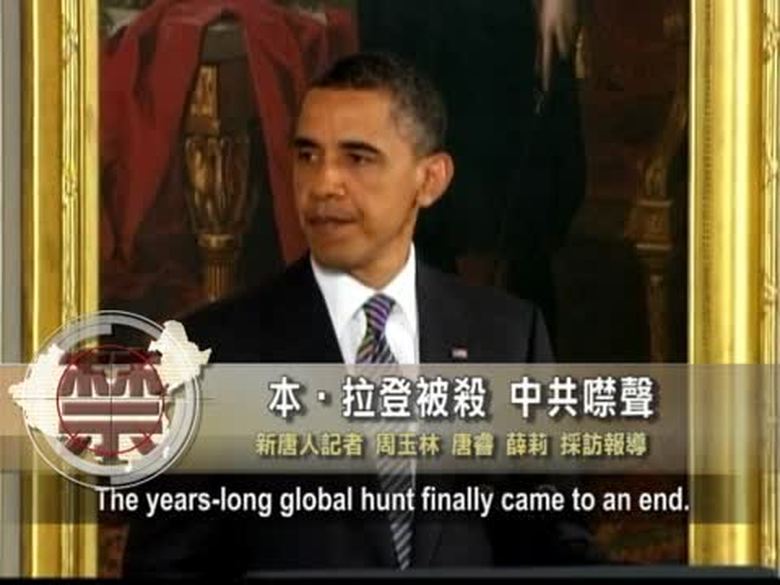
【禁聞】本‧拉登被殺 中共噤聲
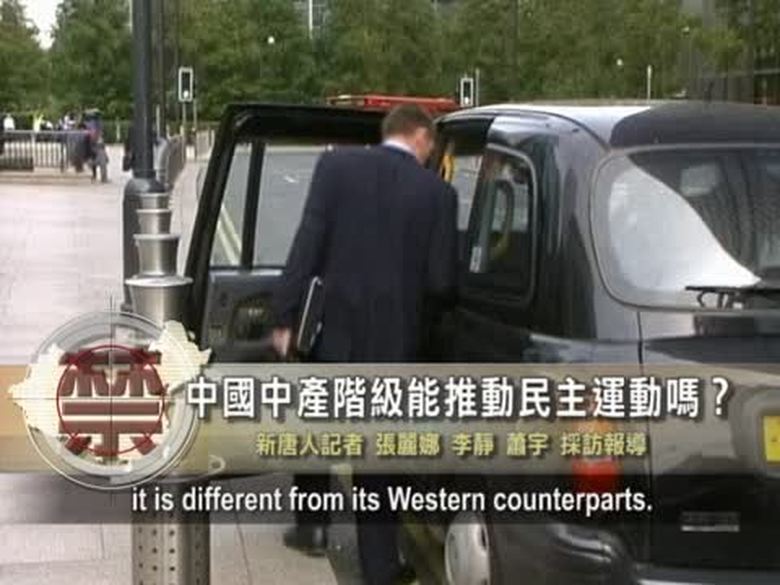
【禁聞】中國中產階級能推動民主運動嗎?
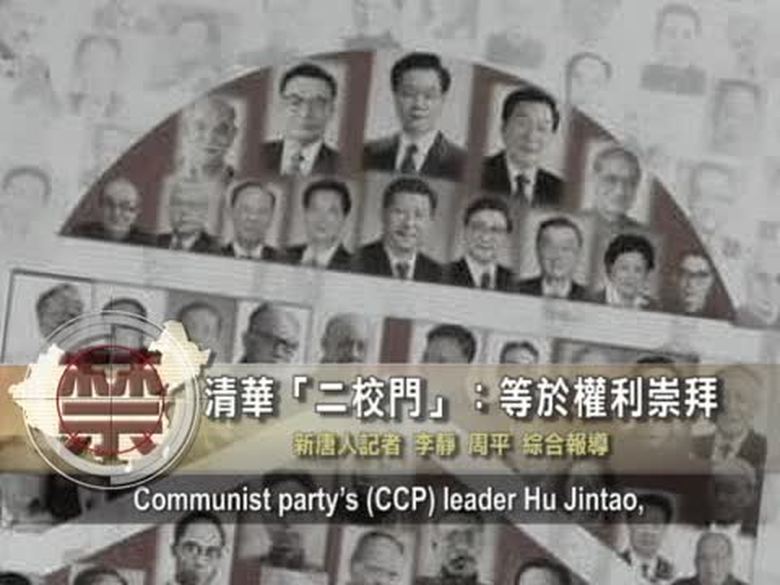
【禁聞】清華“二校門”:等於權利崇拜

【禁聞】本.拉登之死 牽動世界格局
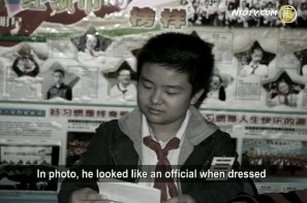
【禁聞】2歲童看“新聞聯播” 眾人擔憂

【禁言博客】為山羊而戰

【禁聞】侯德健北京重登臺 6.4話題再起

【禁聞】本.拉登死 傷心?仇美?

【禁聞】“國網辦”將成立 破網軟件即更新
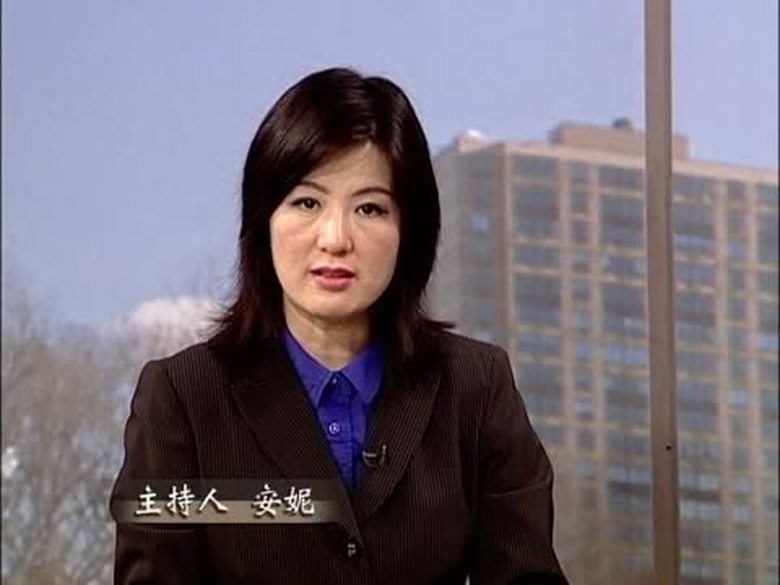
【禁聞論壇】 “精忠報國”還是“精忠報黨”?
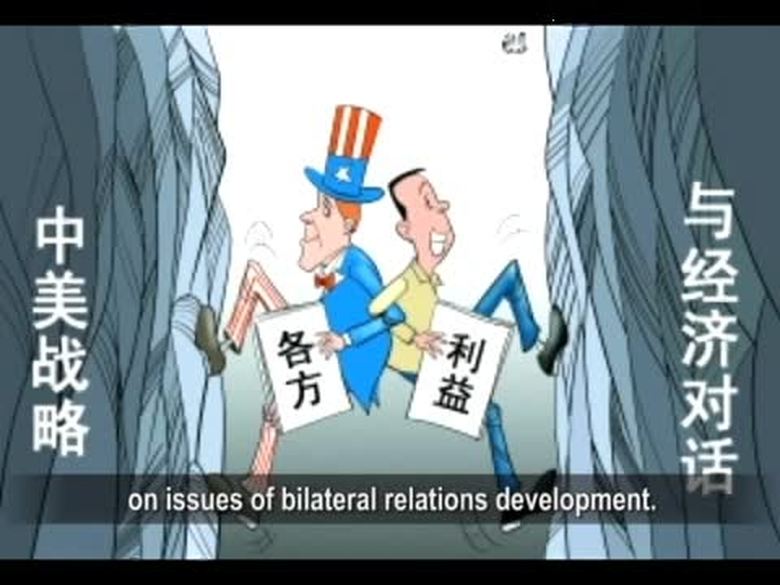
【禁聞】美中對話在即 人民幣匯率仍為重點
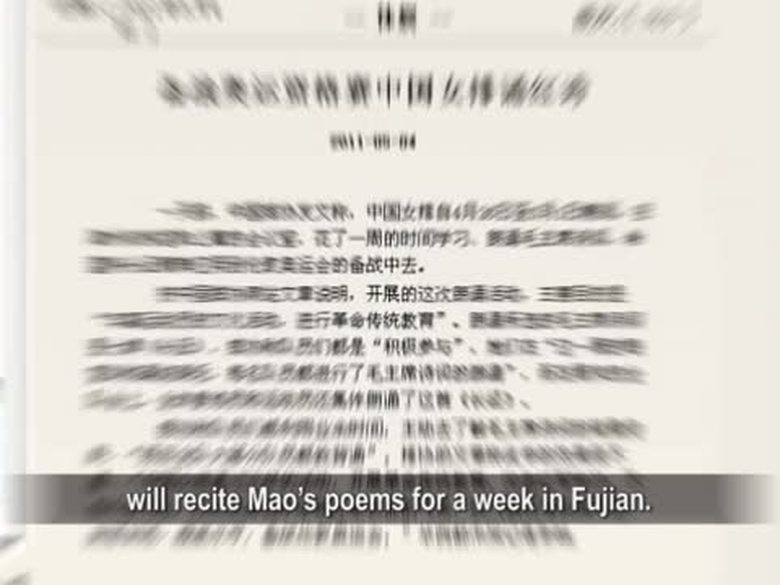
【禁聞】中國女排背毛詩 “紅風”嚇跑外商








